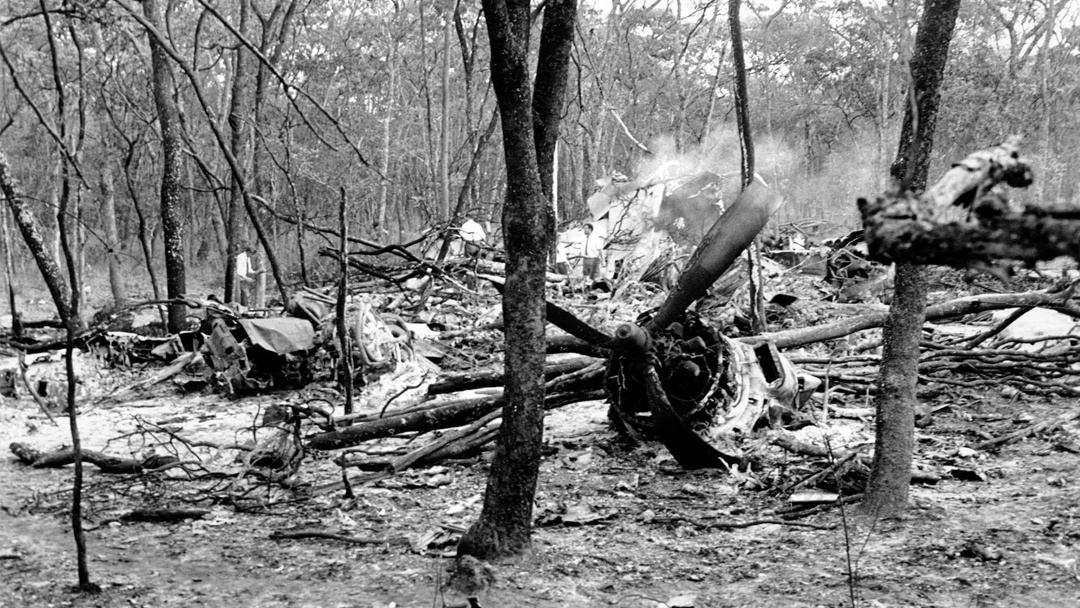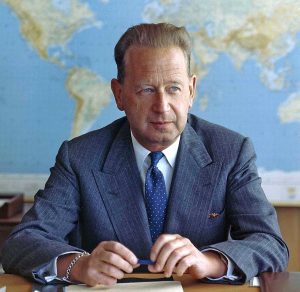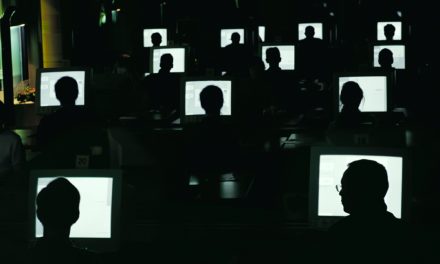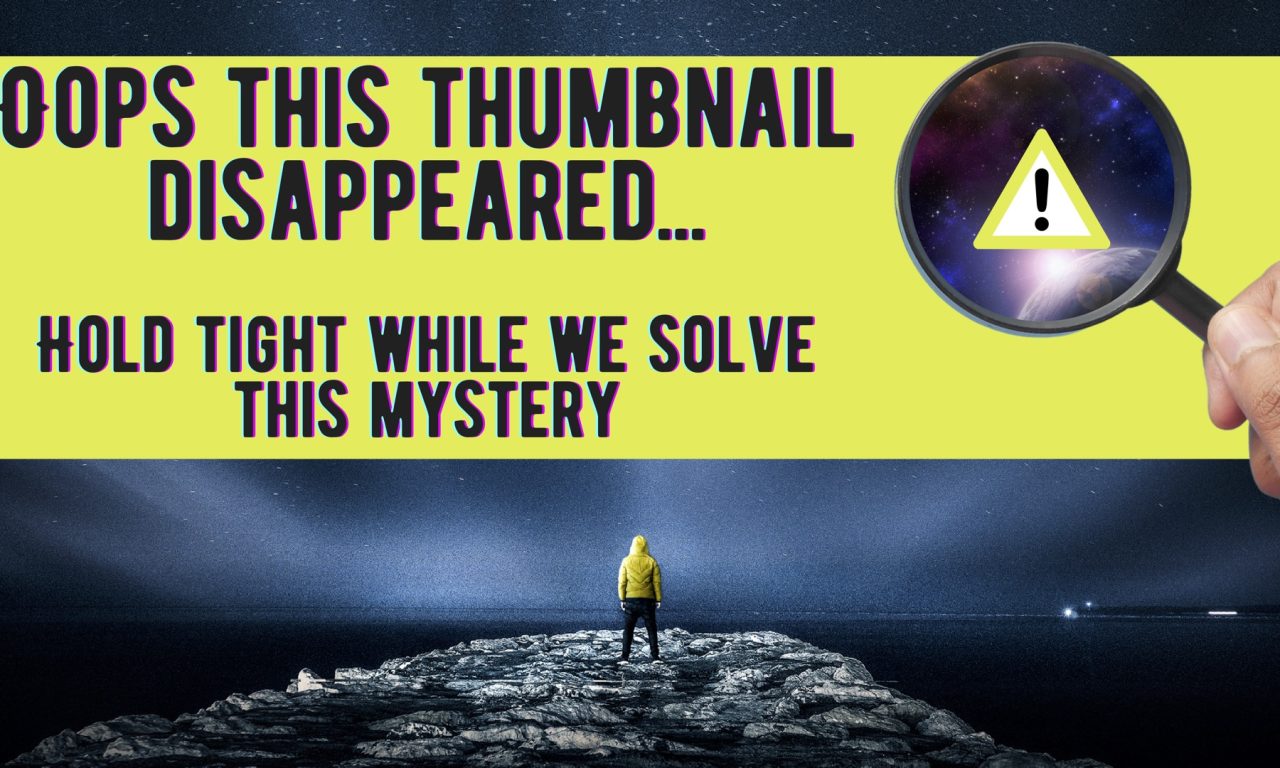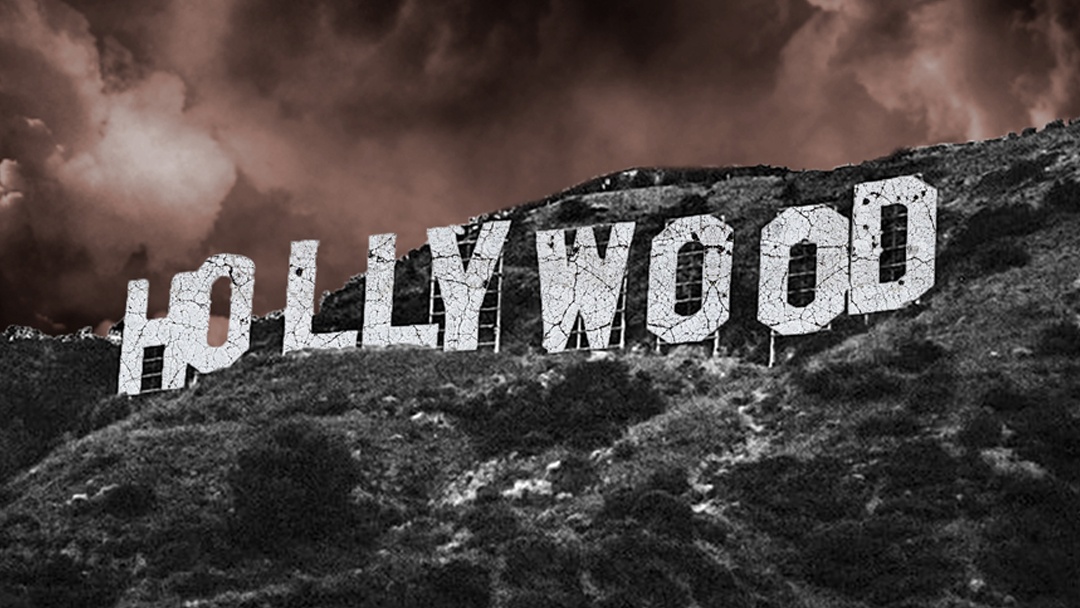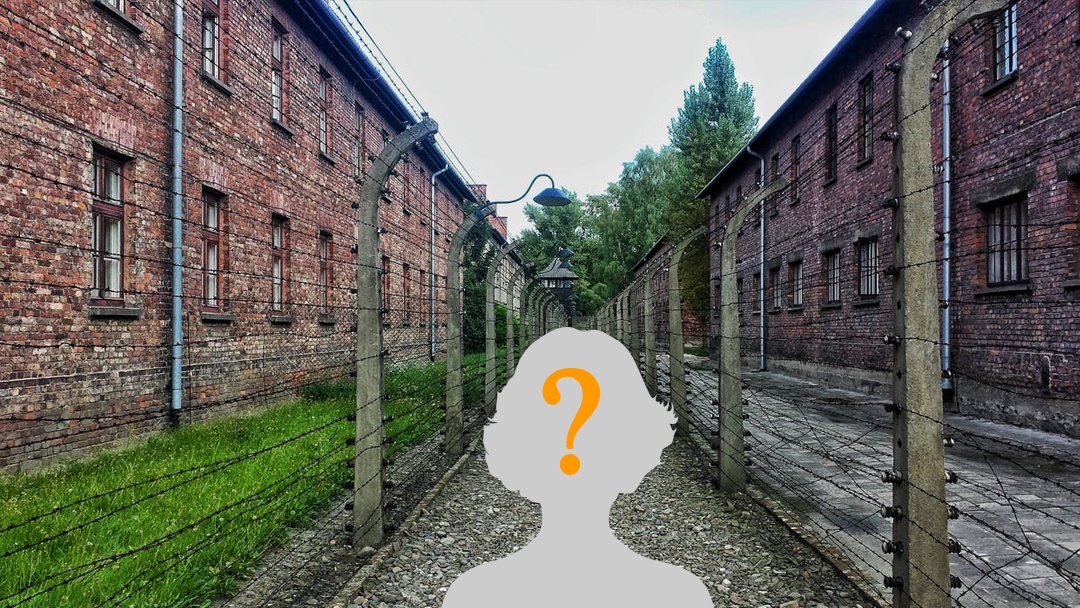Those who remember the early days of the United Nations will recall the second Secretary General, Dag Hammarskjöld, of Swiss origins, who guided the organization from 1952 until his death, by plane crash, on September 18, 1961. Investigators wrote off the disaster in then northern Rhodesia, and the numerous deaths, to “pilot error,” and it’s long been remembered as an accident.
But Harry Truman, by then a retired President of the U.S., had other political reflexes. He was at “the point of getting something done when they killed him. Notice that I said ‘when they killed him,’ ” Truman offered pointedly. Many years after Truman’s death, the UN is now set to revisit the event.
Plane crashes do end the lives of people who fly a lot, especially on smaller planes, all kinds of weather and circumstances. But crashes merit a second look, and a third, when they come along at very convenient times. Hammarskjöld was brokering a cease-fire in an African conflict between (what would become) the Congo and the breakaway republic of Katanga. More than pride, more than regional ethnic tensions were at stake. The area was mineral-rich, and also a bit of a cold-war playground, with Soviet interests pitted against Western ones. Quite a few folks might have wished his mission to fail before it even began.
Plane crashes certainly merit the extra look when a short-term survivor reported numerous “explosions” before the crash, when other sources say bullet-holes riddled the carcass of the plane, others that men in jeeps wearing fatigues hurried away from the crash scene as reporters arrived. Still other reports speak of suspicious radio communications just before and after the crash.
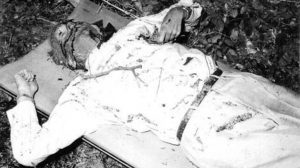 Hammarskjöld will always be an absorbing historical character, not least because concerns regarding possible Nazi sympathies surfaced after his death as well. But foremost lingers the open question: just how accidental was his “accidental” death that September?
Hammarskjöld will always be an absorbing historical character, not least because concerns regarding possible Nazi sympathies surfaced after his death as well. But foremost lingers the open question: just how accidental was his “accidental” death that September?
Sherlock Holmes has many questions and they begin with an obvious one: why was the official finding accepted for so long, when so much informal testimony begged the question of foul play? This MysteryByte can be chewed on, it seems, for quite some time.
